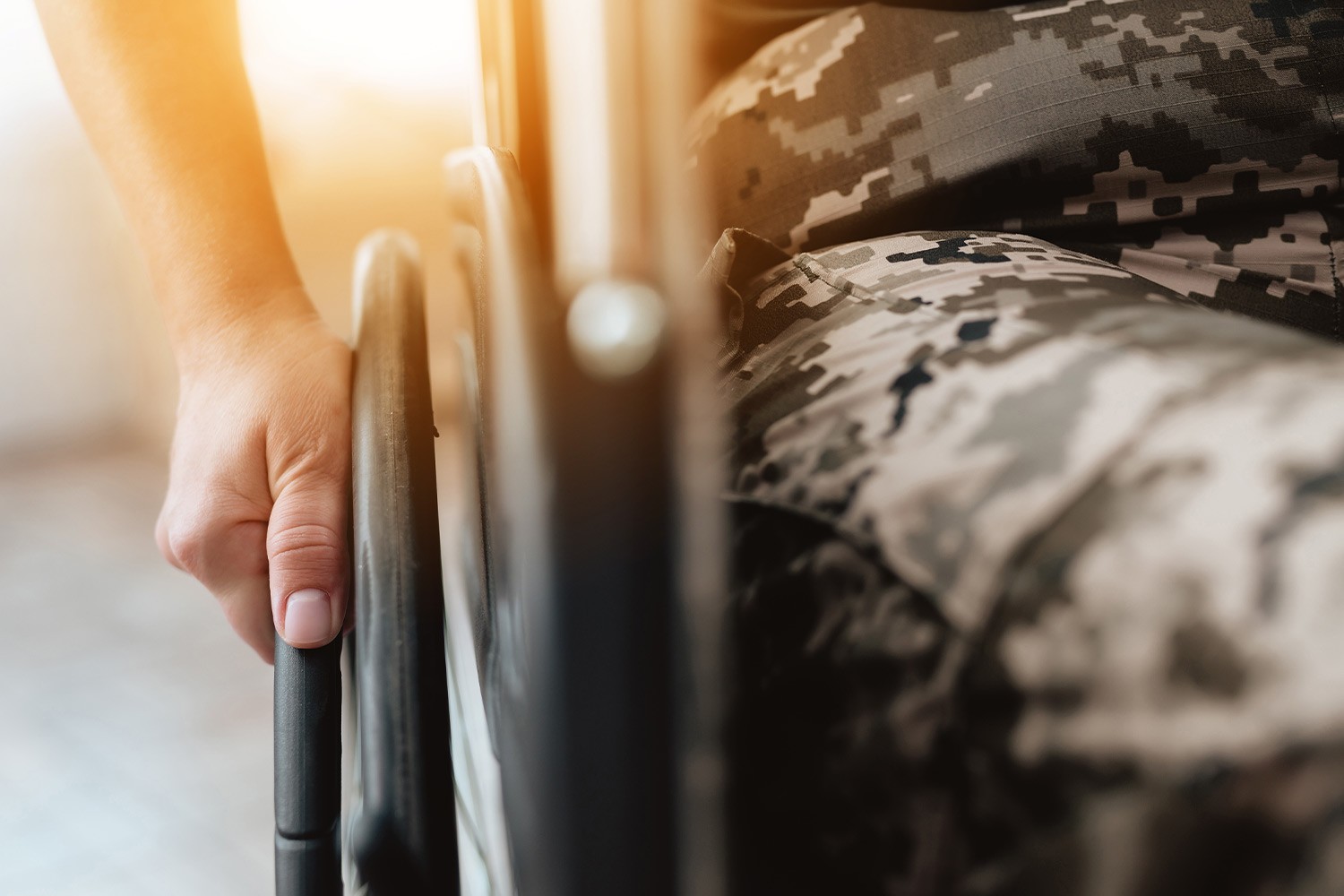
The VA provides a wide range of benefits for those Veterans labeled as 100% disabled by its rating system. While many of these benefits are intended to cover the cost of medical supplies or daily expenses, some benefits also cover educational costs for Veterans’ children or their current or past spouses.
These education benefits can provide an affordable pathway to higher education and a promising career for those individuals who Veterans care about most. Today, let’s break down the education benefits 100% disabled Veterans may allow their spouses or children to qualify for.
The Survivors and Dependents Education Assistance Program is the first of two education benefits that 100% of disabled Veterans (or their families) can utilize. Also called Chapter 35 benefits, the DEA is not intended to be used by the disabled Veteran, but for the child or spouse of a Veteran or servicemember.
The DEA program is available under certain circumstances. For a family member or spouse to qualify for the DEA, the Veteran or servicemember applying for the benefits (or whose family member is applying for benefits) must have one of the qualifications.
The DEA is intended to help pay for schooling and education costs, resulting in a wide range of benefits for those who qualify. Descendants or spouses of Veterans or servicemembers may receive monthly benefits to cover:
Those who receive the DEA benefit who began using the program before August 1, 2018, may receive benefits for up to 45 months. However, if you start using the program after August 1 of 2018, you’ll receive benefits for up to 36 months.
Just how much is covered by this benefit? According to the VA benefits website, institutional training (i.e., attending college or a graduate program) may award benefits between $324.50 up to $1298 per month.
The Marine Gunnery Sergeant John David Fry Scholarship is intended for the children or spouses of 100% disabled or deceased Veterans. Those who qualify must have a parent or spouse who died in the line of duty on or after 9/11 while serving in any branch of the U.S. Armed Forces. The deceased parent or spouse may also have been a member of the selected reserve who died from a service-connected disability.
Like other educational benefits, the Fry Scholarship is meant to help cover the cost of schooling rather than other financial needs.
Should your child or spouse qualify for the Fry Scholarship, they may see the following benefits for up to 36 months:
This program can be particularly effective if a child or spouse wishes to acquire an education at very little cost to themselves. The Fry Scholarship is close to a “full-ride,” making it an attractive option.
Generally, no.
This is because the VA intends both benefits to cover the same costs but to apply to different individuals. As you can see from the above breakdown, the Fry Scholarship is only available for spouses or descendants of Veterans who were killed in action or as a result of a service-connected disability.
On the other hand, the DEA program does not require the Veteran to be deceased for their spouse or child to take advantage of the benefits.
Furthermore, keep in mind that an applicant can’t switch to the other program once they choose.
If your child or spouse wishes to apply for the DEA program, they can apply online or apply by mail. If they wish to apply by mail, they must fill out VA Form 22-5490 and mail it to their state’s regional processing office. You can download the VA form here.
If you wish to apply for the Fry Scholarship, you’ll first need to make sure that your school of choice has a program that is approved for VA benefits. Then you may apply online and fill out VA Form 22-5490 as with the DEA program. Children applying for the program who are not legally adults must have a parent or guardian sign the application.
The VA provides many financial benefits for both Veterans and their dependents or descendants. These educational assistance programs are great pathways for acquiring a college education or receiving on-the-job trade training for both children or spouses of 100% disabled or deceased Veterans or servicemembers.
Although the programs are relatively straightforward, applying for them and making sure your application package is airtight can be tricky. Berry Law has years of experience handling cases just like yours and can make sure that your family members receive the education benefits your service earned. Contact Berry Law today for assistance filing for benefits for the first time or appealing a VA decision.
Check out the current VA Disability Pay Charts and contact Berry Law today for assistance filing for benefits for the first time or appealing a VA decision.
Sources:
VA Education Benefits For Survivors And Dependents | VA.gov
Survivors’ And Dependents’ Educational Assistance | VA.gov
About VA DIC For Spouses, Dependents, And Parents | VA.gov
DEPENDENTS’ APPLICATION FOR VA EDUCATION BENEFITS (Under Provisions of chapters 33 and 35, of title 38, USC) 22-5490 | VA.gov
Our monthly newsletter features about important and up-to-date veterans' law news, keeping you informed about the changes that matter.